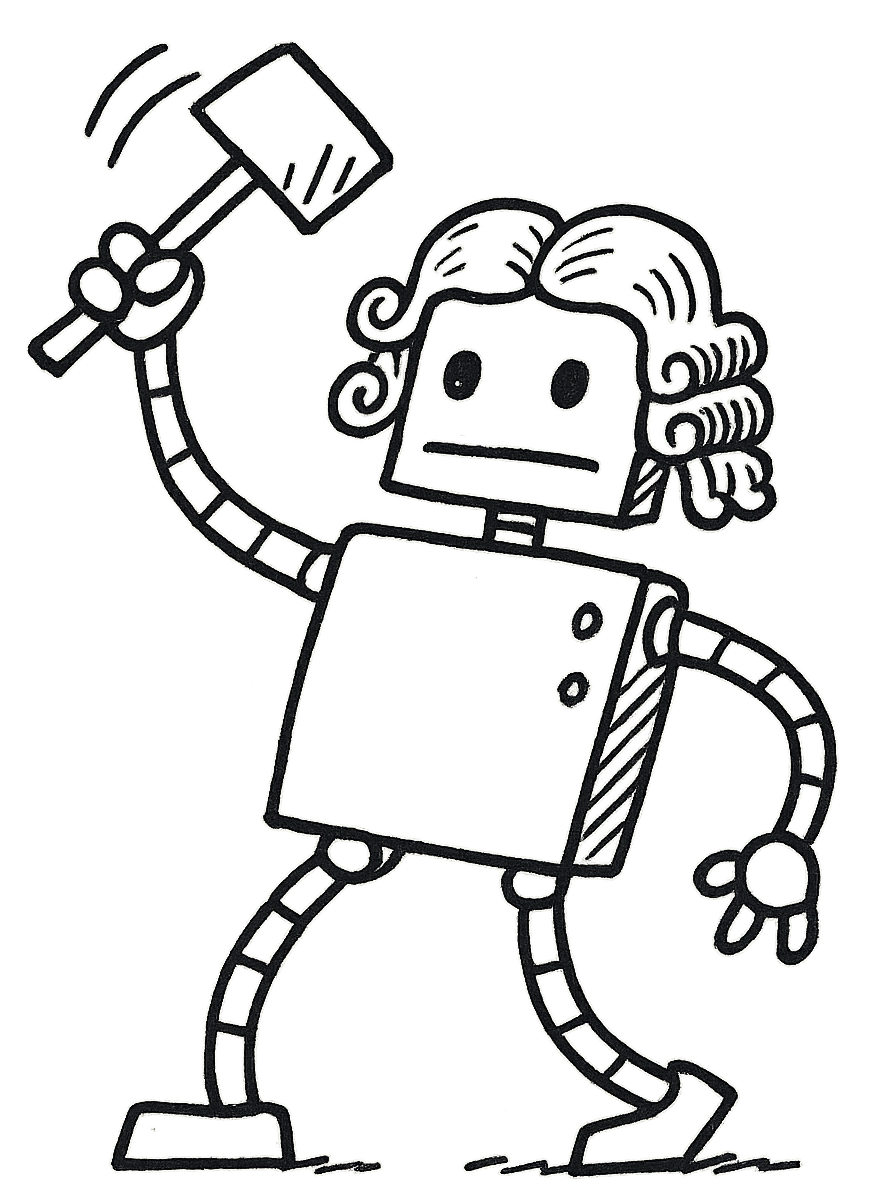I Made Something New For You
The Weekend Leverage, September 7
This week the courts reshaped tech. Google almost faced an antitrust restructuring, and instead got away with a slap on the wrist, lifting its valuation by $230 billion. Anthropic could’ve been bankrupted by copyright claims, but instead settled for $1.5 billion, less than 15% of its latest fundraise valuing it $183 billion. I don’t say that to complain…




